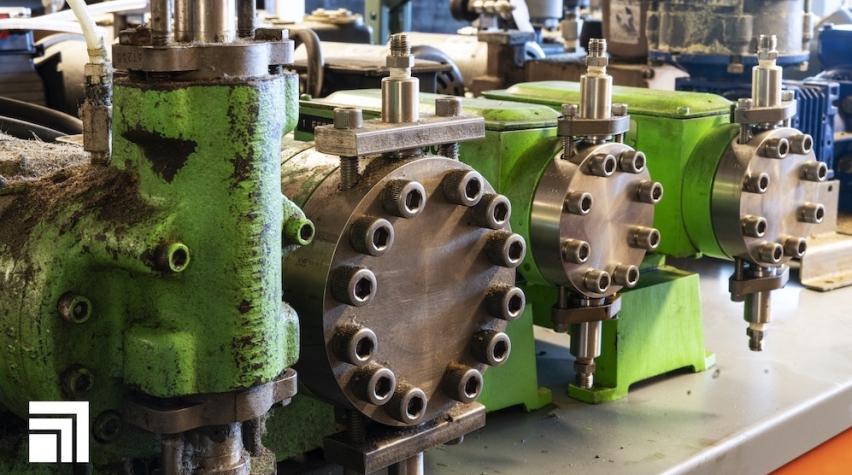
If you’re not familiar with RAPID, it’s one of 16 Manufacturing USA Institutes working to help members eliminate barriers to develop technology that will boost energy productivity and energy efficiency through manufacturing processes in industries such chemicals, fuels, pulp and paper, and others. In particular, RAPID helps members take advantage of modular chemical process intensification (MCPI) — such as combining multiple process steps such as mixing, reaction, and separation into single more complex and intensified processes — to reduce carbon emissions, improve productivity and efficiency, cut operating costs, and reduce waste. RAPID members make up a diverse community of process innovators from companies, universities, non-profit organizations, and government agencies.
Below is the conversation we had to follow up with Ignasi about a presentation he made at the White House a few months back that summarized some of RAPID’s achievements and its plans for the future.
Can you tell us what RAPID has done to help members develop new technology and more effective processes?
We’re incredibly proud of the virtual network of process development testbeds we’ve been able to build with members. RAPID itself is basically a virtual institute, operating out of AIChE’s New York headquarters with a small remote staff. That said, we essentially exist at various US locations, thanks to a strategy for development and scale-up of technologies that leverages RAPID members’ sites and facilities across the country.
Tell us more about these development and scale-up facilities for members.
Working with various RAPID members, our network of testbed facilities allows members to develop, test, scale up, and carry out proof-of-concept demonstrations for process intensification and modular process technologies. We’ve created, for members, a database of these facilities that is cataloged by practice areas (e.g., reaction engineering, separations, heat transfer, equipment manufacturing, etc.) as well as by equipment/system availability. This makes it easier for members to find the best facility for current and future RAPID-related process technology deployment work.
For longer-term development, RAPID plans to form additional business relationships with a subset of the database testbed organizations so members will have efficient access to testbed facilities for projects related to process intensification and modular process technology development and proof-of-concept demonstrations. Currently, we’re looking into various service agreement options with testbed facilities owners to identify one or more framework options for RAPID members.
What are some of your other plans for RAPID’s future?
We’re looking beyond testbed facilities that are owned and operated by RAPID members, with the aim of developing a few new RAPID-owned pilot scale-up facilities at key member sites, such as universities and not-for profit research organizations. This will allow RAPID to host technology scale-up and demonstration projects while managing any shared intellectual property (IP) access between collaborating members, as well as controlling operating costs at these existing R&D sites.
What efforts will you take to overcome the costs associated with developing new technology for the process industries?
We’ve chosen to pursue a combined approach to funding specifically because it helps address the higher costs that process industries face for pilot and scale-up demonstrations of technologies. Our plan is to combine public funds (from agencies like DOE and NIST) with other new sources of funding, both private and public (e.g., states). Operating costs would likewise come from combining funds from similar sources, in addition to cost share contributions from RAPID members working collaboratively in these technology piloting and scale-up projects.


